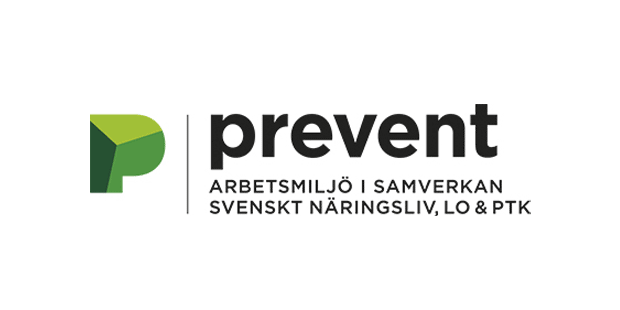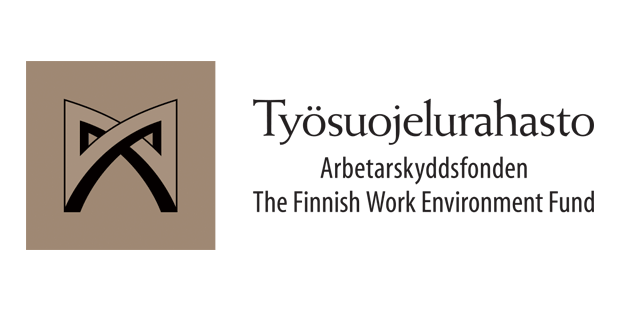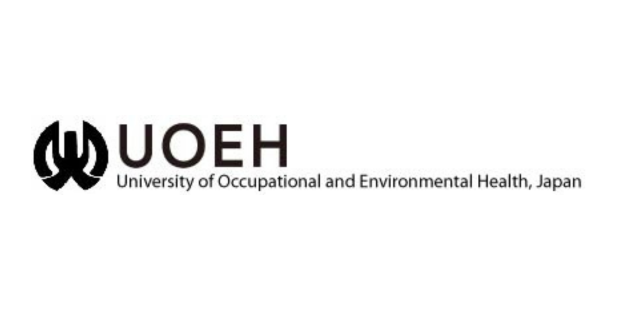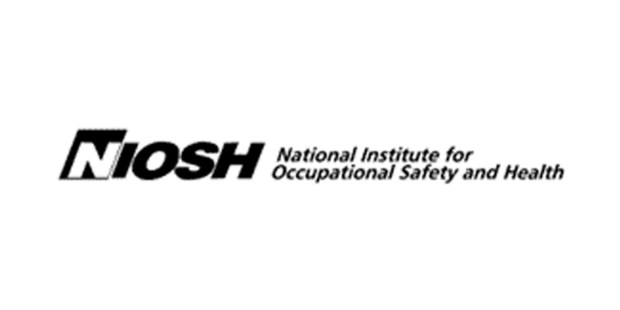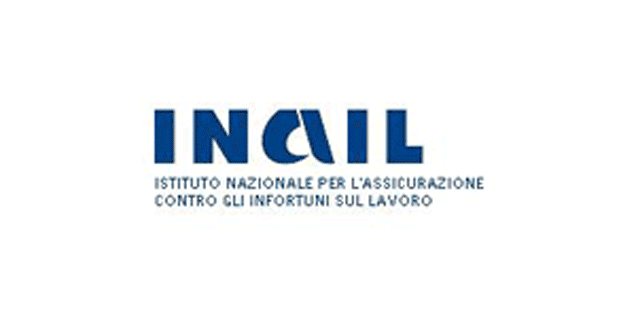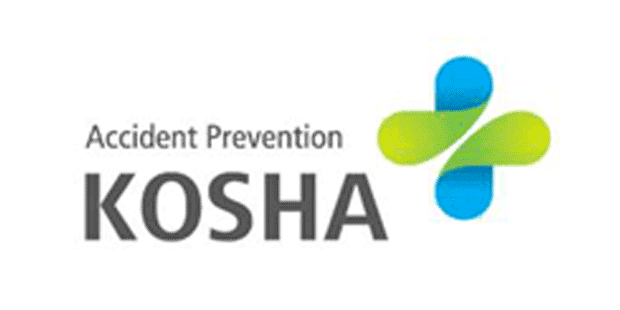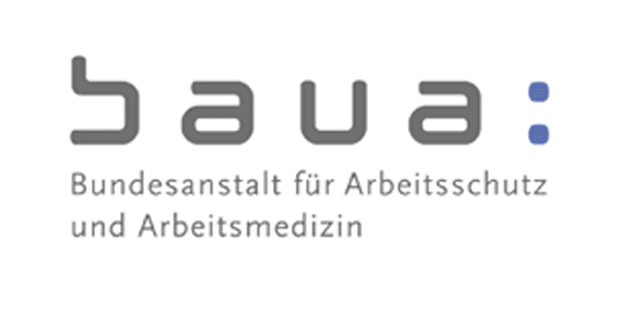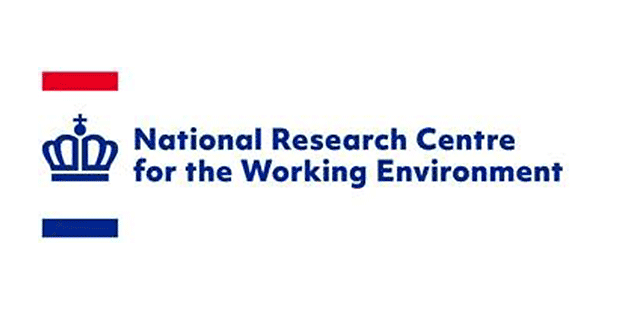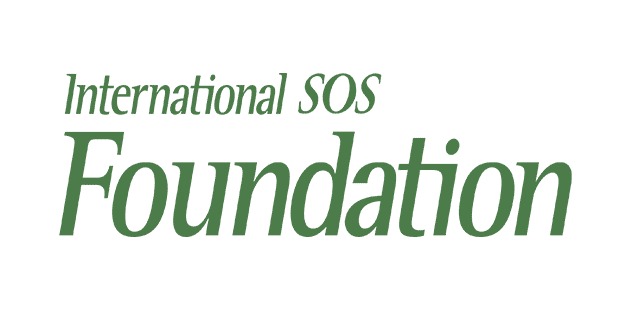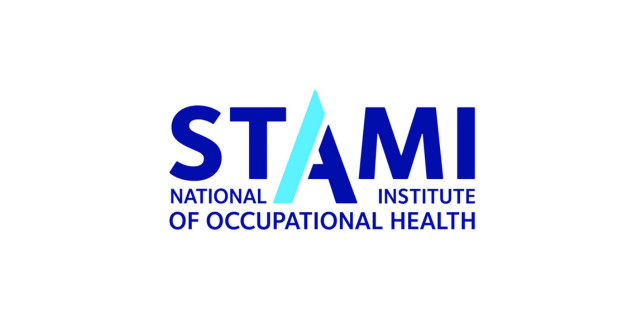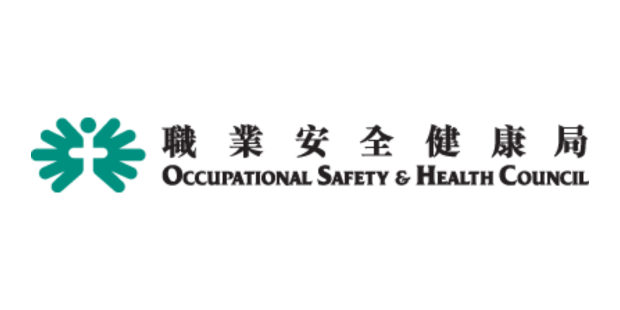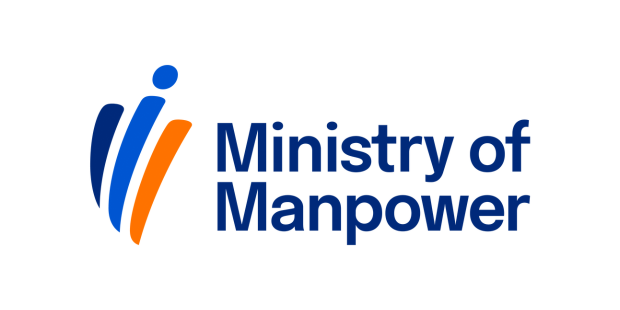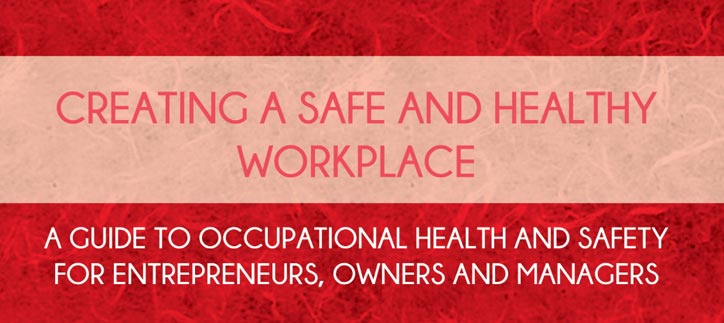Message from the President (September, 2009)
Dear ICOH Colleagues,
The uniqueness of our ICOH Network is best represented by the activities of ICOH Scientific Committees
and Working/Task Groups. There are now 35 Scientific Committees (SCs) and each SC is acting as an international
focal point of occupational health research and practice in its specific area. A distinct feature of the network of SC
focal points is the constant bridging of front-line research and practice. Regular conferences and symposia held
by our SCs are acting as the most current forum for exchanging front-line activities and new breakthroughs.
By liaising with the SCs, we are sure we are active on the front lines and can learn innovations for enhancing the health and well-being of workers worldwide. The continuous exchanges of new experiences and new guidelines are assured
by constant liaison through SCs and other various communication links. It is therefore important for us ICOH members to keep this liaison making full use of our own Network. During and after the Cape Town ICOH 2009 Congress, I had chances of learning from the ways and means of making better use of our ICOH Network. Among others, let me point out two lessons I learned.
Exchange of experience as co-workers
The first lesson I learned is about the stance for organizing SC meetings. I saw a good example of the stance while
I was spending a week on the San Servolo Island in Venice last August. I was attending the International Symposium
on Shiftwork and Working Time. It was organized by the SC on Shiftwork and Working Time and the Working Time Society. I was amazed at the Rules strictly kept by this series of SC symposia. The first and the most important Rule was to hold each symposium in a “remote” spot such as the San Servolo Island. This was one of the seven Rules initiated by the late SC Chair Joseph Rutenfranz. Other Rules are a good mixture of disciplines, a good proportion
of young researchers, fairly brief presentations, substantial food and drinks taken jointly, some group outings
and sharing contributions with non-attendees.
These “Rutenfranz Rules” started in the 1970s and are kept up to now. Although many of SC meetings are not necessarily held in a remote spot, the idea of having concentrated and intimate exchanges of views and experiences
is apparently kept by almost all the SCs. A mixture of disciplines as well as a mixture of generations can lead undoubtedly to good results. Eating together and joint outings can facilitate the frontline atmosphere of each meeting.
I am much encouraged by the constructive stance sustained for organizing SC meetings. The resulting intimate debate can help us keep our close link with the real working situations we are addressing.
Learning from up-to-date Practice
The second lesson is about learning from real practice at the workplace. I have learned this lesson through serial
ICOH-related projects for serving underserved sectors. Although my experience is limited to projects about occupational health services for small enterprises and agriculture and low-cost ergonomic improvements for industrially developing countries, I learned much from the action-oriented nature of the projects for improving the health of workers in these difficult situations. These projects were more successful when they focused on on-going good practices that are achieved despite many constraints.
In ICOH Congresses and in many SC meetings I attended, I could clearly note the common features of locally achieved good practices. These good practices usually address urgent local needs and try to build initiative of local people for making feasible improvements.
Practical interventions based on such good practices can lead to concrete results. Examples include training methods
for workplace improvements in different sectors, group health services for small enterprises and agriculture and “checkpoints” for identifying locally feasible actions. I am pleased to note that recent developments in Basic Occupational Health Services relate to this practical nature of intervention tools.
There are now new types of databases compiling locally achieved good practices in occupational health and safety.
I am hoping that new intervention tools and databases we are developing in our Network will serve as a firm base
for linking our research with real practice.
Cooperation with national and regional associations
Another important feature of the ICOH Network is the close cooperation with national and regional associations active
in our field. It is a usual custom for our SCs to organize meetings in close conjunction with these national and regional associations. This is obviously a major advantage of our Network. We gain a great deal from the participation of a large number of colleagues from these associations in linking our work and achievements with diversifying working situations and with the most current issues. Rapid changes are taking place in our approaches to assessing and controlling workplace risks. These changes require reformulation of intervention programs and health services. As more and more concerted strategies are developed, the cooperation with the national and regional associations, NGOs and various networking arrangements in our field is surely needed. We have seen this need in developing effective interventions and services with respect to workplace chemical risks, asbestos and other globally prominent risks, musculoskeletal disorders, work stress as well as with respect to underserved sectors.
I have been involved in a number of these joint meetings and always impressed by the reports from action-oriented activities addressing priority risks. I strongly feel that we need to liaise our own activities with various partners particularly by means of identifying effective preventive actions workable in different situations. For example, when
I attended the Asian Asbestos Conference in Hong Kong last April, I could confirm our role to reinforce activities
in different countries toward a global ban of asbestos and effective protection of exposed workers. The Hong Kong Declaration towards a Complete Ban on All Forms of Asbestos called for joint action of governments, the WHO, the ILO, ICOH and other international organizations. Needless to say, closer collaboration with national and regional associations and NGOs, in addition to our international allies, is very important in this and other fields.
Strengthening our Network
In the work plans of our Scientific Committees, working groups and task groups, the need to strengthen our own Network is highlighted in various ways. It is vital to exchange these plans and means of action toward the set goals through the SC reports, the ICOH Newsletter and the newly designed ICOH website.
Your suggestions about strengthening our ICOH Network in achieving our common goals are highly welcome.
Kazutaka Kogi
President of ICOH


